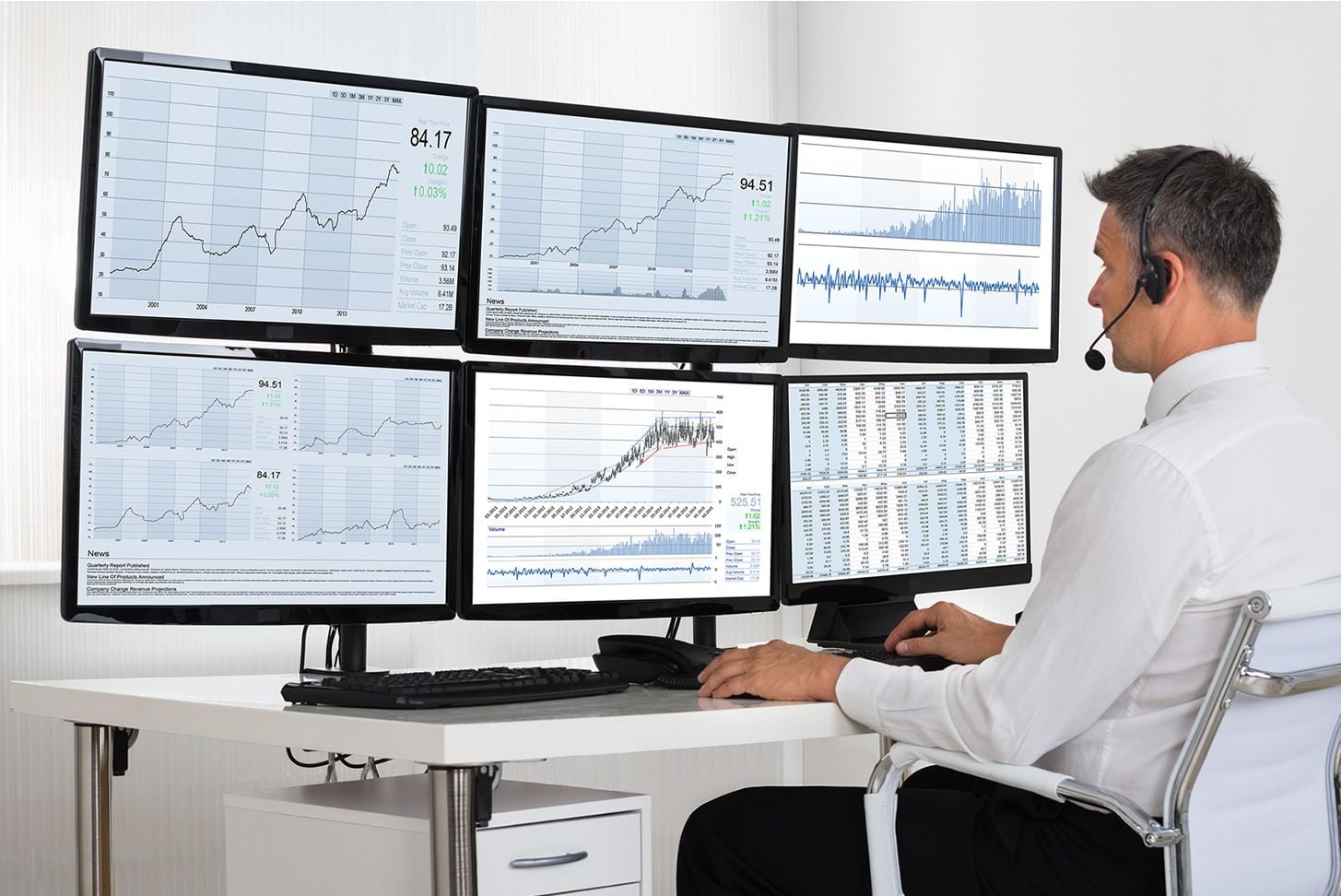EUR/USD at 1.30s not out of the Question
- The Euro is seen rising substantially versus the Dollar over the next 2 years
- Very large current account surplus offers fundamental underpinning say JP Morgan
- ECB to raise deposit rate around Autumn 2019 say Investec

Image © Andrey Popov, Adobe Stock
Members of the investment banking community continue to bang the drum for a stronger Euro finding the Eurozone's large current account surplus, the promise of higher interest rates and easing austerity a compelling mix.
"We are pretty constructive long-term on the Euro," says Andrew Sheets, chief cross-asset strategist for JP Morgan.
The call comes as the Euro-Dollar exchange rate nurses a 2.3% loss in 2018, which actually fails to reflect the sharp 5.6% decline suffered in the April-July period.
Nevertheless, the recent bottoming pattern in the 1.1550 - 1.18 region appears to be signalling to some that the period of decline is due to come to an end. Afterall, the fundamentals behind the single-currency remain positive.
"It is a region which is running a very large current account surplus, somewhere in the neighbourhood of 3-4% of GDP, it is a very inexpensive currency and if we think longer-term we do see the potential for greater fiscal action given budgets in a lot of countries are looking somewhat better," says Sheets in an interview on Bloomberg TV.
When asked for exact targets for the single currency, Sheets says:
"There are very good arguments for saying that fair value for the Euro would be 1.35 against the Dollar... both on a current account basis and a purchasing power basis."
The JP Morgan chief strategist is not alone in advocating a long Dollar stance, also joining him is Philip Shaw chief economist at Investec.
Shaw says he takes a "top-down approach" which starts at the global level, where he sees trade tensions eventually easing and growth in 2018 of just under 4.0%.
"Our baseline case is that somehow the adults in the administration will win the argument Washington will win the case and somehow there will be some sort of solution hammered out with Beijing and non-tariff barriers being erected between US and China, and indeed other countries," says Shaw in an interview on Bloomberg.
This will support "tighter monetary policy in Europe" he adds, which informs their bullish perspective on the single currency.
"We are of the view that the ECB will cease its QE programme at the end of the year, as it has announced, and after a break of about 8 or 9 months we will get a tightening of monetary policy through the first rise in interest rates, specifically the deposit rate," says Shaw.
The promise of higher interest rates at the nearer end of the expectation spectrum is expected to lend support to the Euro. Stimulus is negative for currencies as it both keeps interest rates low making the country an unattractive place for investors to park cash and because it dilutes the currency due to what is de facto money-printing.
Therefore their upbeat view on interest rates is supportive for the Euro.
"At the end of the year we see 1.22 EUR/USD rate and we believe we will be fairly close to 1.30 at the end of 2019," says Shaw.
The Euro will also benefit as risk appetite returns due to easing trade war concerns.
The Dollar is a traditional safe-haven currency which benefits when there are crises due to investors putting their money into 'safe' US Treasury bonds (UST).
However, if "you see a reversal of the pattern" and tensions ease you will see the Euro benefiting versus the Dollar on lower UST demand, "particularly if the ECB tighten's policy next year," adds Shaw.
Advertisement
Get up to 5% more foreign exchange by using a specialist provider to get closer to the real market rate and avoid the gaping spreads charged by your bank when providing currency. Learn more here




